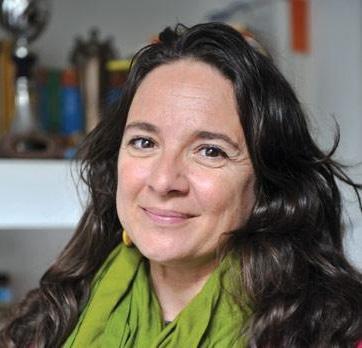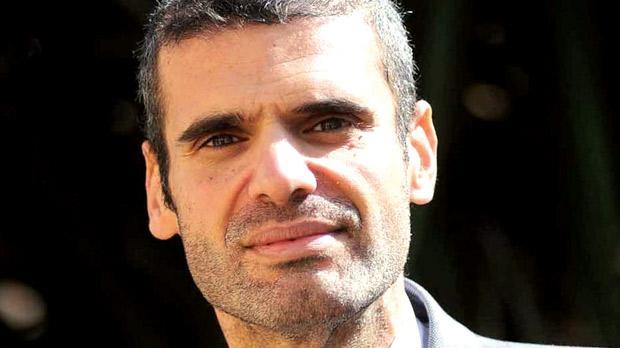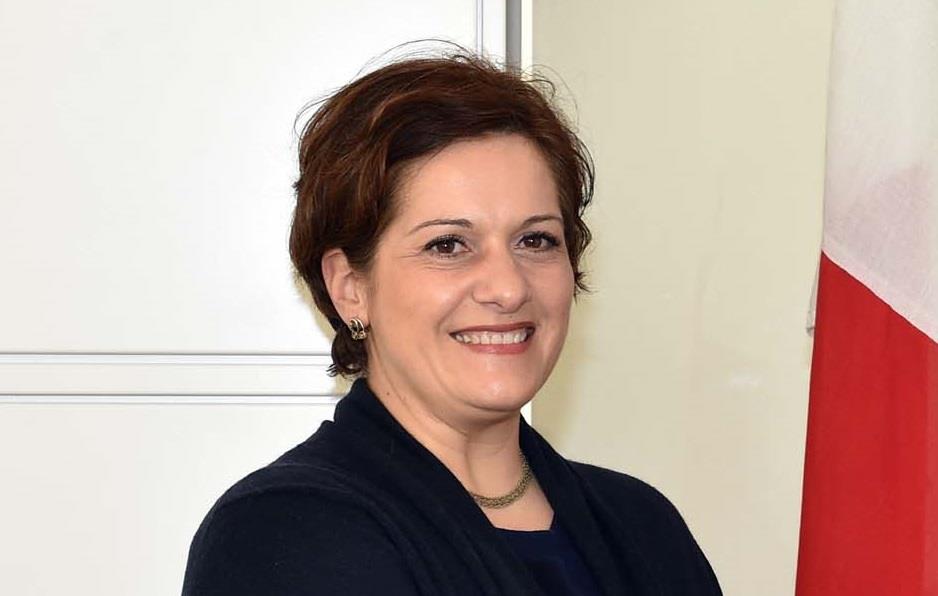The United Kingdom leaving the European Union will lead to a number of changes in the current status quo - from an economic, social, practical, legal and administrative standpoint. This newsroom contacted a number of economic experts, academics and Maltese EU representatives in order to ascertain what Malta can expect.
Speaking from an economic standpoint, economist and University of Malta Lecturer Marie Briguglio had this to say:
“It's hard to predict the impact of an unprecedented event especially when the impact is multifaceted each facet has ripple effects. I'd ask, for instance: will the UK have tariff free access to the EU single market (which UKIP is asking for) or will UK exports be taxed? Tariffs would make Malta's exports relatively more competitive but it'll make the goods we import from the UK more expensive. What is also important is; how low will the Sterling go, and how long will it stay low? A weak Sterling makes it harder for British tourists to travel and makes imports from the UK more expensive for us (think also of businesses that use UK imports as raw materials). On the other hand a weak Sterling makes it cheaper for us to travel to the UK.

“How far will the UK go to limit freedom of movement? The stricter the limits, the more likely is foreign labour to move out of Britain, some of it (e.g. Maltese themselves) heading to Malta. How fast will the UK and EU adapt to Brexit? A long drawn period of uncertainty is generally considered to be bad for business and the economy. Will Malta and the UK negotiate bilateral agreements, which would emulate the current scenario? How will the EU reallocate budgetary resources in view of the loss of the British contribution? Without the UK as a negotiating partner, will Malta be able to hold its own on tax harmonisation? The effect may not be so large if effects cancel each other out, all the more so when you consider that Malta tends to survive external economic crises quite well. Certainly there are changes taking place in Malta itself whose impacts could be far more important than Brexit,” she concluded.

Also from an economic standpoint, E-cubed Consultants Gordon Cordina Executive Director said:
“I think we are living through a short term debacle in the financial markets, similar but not quite as serious as that between September 2008 and March 2009, mainly generated by huge uncertainty about the future relationship between the United Kingdom, the EU and the rest of the world, and the integrity of between the constituent parts of the United Kingdom itself.
“Quite possibly, Brexit would take the form of a mitigated separation between UK and the EU, where although politically the UK would not be a full member of the EU, it would still retain a Free Trade Area arrangement with limitations on the movement of persons. Getting there will be a waste of time and resources, including the costs of the instability which will be characterising the next few months. It is a cost to pay to realise a political stance, where in a democracy, the people's vote ultimately rules. The pity is that in this globalised world, the democratic decision of one population imposes costs on many others. I also expect that in the UK itself, it will be the more vulnerable members of society which will be worst affected by the overall economic slowdown that is on the cards.
“As for the Maltese economy, a game changer such as the one we are going through will present threats but also opportunities. Exports of goods may suffer if tariffs in the UK are increased, tourism may decline if the UK economy deflates, but there again, we may be able to attract new business in areas where the UK may be losing competitiveness.

Head of Office at the European Parliament Information Office in Malta Peter Agius expressed his disappointment with the outcome of the referendum, while maintaining the need to respect a democratic vote.
“This is also the sentiment expressed by President Schulz. This is an unprecedented situation but I am confident that the EU is capable of finding common ground that would pave the way forward.
“As EU political leaders said this morning, the UK is expected to activate their withdrawal procedure as soon as possible so that the process takes place in an orderly way. In the short-term, it is important to minimise the inevitable degree of uncertainty that this uncharted territory creates. Until the process is terminated, the UK remains for all intents and purposes an EU member.
“As to any effects on Malta or the Maltese presidency it is still early to say. As a player around the EU table, the government will be best-placed to define its positions throughout the process,” he concluded.

Head of the European Commission Representation in Malta Elena Grech observed that, “As per the joint statement of the four leaders who met this morning on the invitation of President Juncker, the president of the European Commission, the result of the referendum is regrettable, however the decision of the British people should be respected.
“Once the Withdrawal Agreement comes into effect Malta will be a member of a Union of 27 Member States, retaining the same rights and obligations. In the meantime, throughout the upcoming negotiations, we are sure that the Maltese Government will adopt its usual constructive approach while upholding and defending the interests of Malta. As regards the United Kingdom, we hope to have it as a close partner of the European Union in the future.

Director of the Institute of European Studies Roderick Pace spoke about the effects which might take place on Maltese living in the UK.
He said that, “The changes in the labour market rules will take some time to take effect and much depends on whether the EU and the UK include free movement of persons, and how this can be done in a post-membership agreement.
“Both the EU and the UK have an interest in maintaining free movement of labour, but they differ on the extent of such freedom. The negotiations with Switzerland on this score are perhaps the most indicative of how laborious they can be. So the future does not like bright for those Maltese people who rely entirely on their rights as EU citizens.
On the subject of tax competitiveness and Malta’s ability retain this, Professor Pace said:
“Small countries are very resourceful in fighting their corners. But the movement to harmonise taxation in the EU is very old and lately the pressures have intensified. I think that the small countries will find it very hard to fend off the challenge without Britain. Unless of course they find an ingenious argument to strengthen their claims for a permanent opt out in some tax matters because to compensate them for their lack of competitiveness in many other economic sectors due to smallness of size,” he remarked.